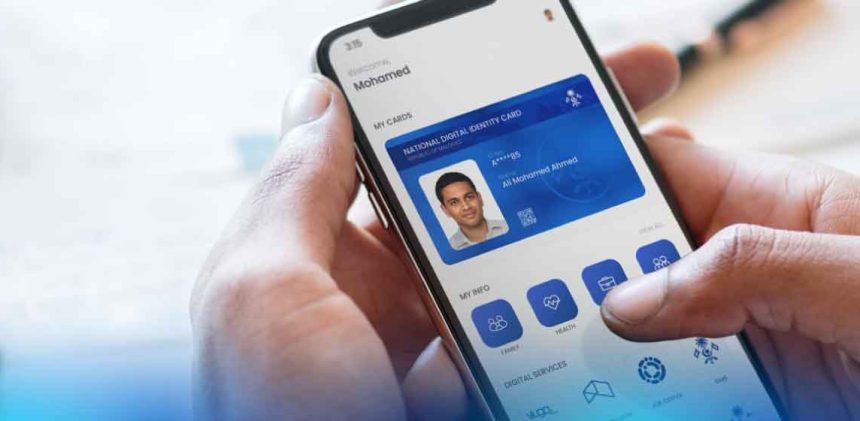In a bold leap toward building a digitally empowered state, the Government of Maldives has opened public consultation on its pioneering Digital Identity Bill, a key component of the ambitious ‘Maldives 2.0’ reform agenda. The move marks a milestone in the nation’s digital transformation journey—one that places the power of technological governance firmly in the hands of its citizens.
The draft legislation was unveiled by the Ministry of Homeland Security and Technology, which has invited all Maldivians to voice their views and suggestions before the consultation window closes on June 15. The ministry emphasizes that public input will be an integral part of shaping the bill that will define how digital identity is established, managed, and protected across the country.
The bill is part of the fourth pillar of the ‘Maldives 2.0’ roadmap—an all-encompassing, cross-sectoral initiative aiming to reengineer governance through innovative digital tools. Launched with the slogan “A Smarter Maldives for All”, the project is not just a bureaucratic upgrade—it is a vision for a more efficient, transparent, and citizen-centric state.
Under this initiative, the Digital Maldives Project, a five-year programme funded by the World Bank, is set to overhaul public service delivery by integrating digital ID systems across key national institutions. This includes the National Centre for Information Technology (NCIT), Communication Authority of Maldives (CAM), Department of National Registration (DNR), and Local Government Authority (LGA).
“These reforms aren’t just about modernizing technology—they’re about redefining how citizens interact with the state,” a senior official from the Ministry said. “A secure and inclusive digital identity will serve as the backbone of all e-governance services in the Maldives moving forward.”
In the spirit of openness, all feedback submitted during the public consultation phase will be made publicly available, unless confidentiality is expressly requested and justified. Even then, the Ministry maintains the discretion to publish any part of the submissions in accordance with legal frameworks.
To ensure constructive and credible feedback, individuals are required to cite their sources when submitting suggestions. “This is a people-first policy,” the Ministry emphasized. “We want the public to help us shape a system that works for everyone—from the island councils to the capital’s tech-driven offices.”
As the Maldives positions itself at the forefront of digital governance in the Indian Ocean region, the success of the Digital Identity Bill could be a defining moment. If executed effectively, it has the potential to streamline everything from healthcare access and education services to financial inclusion and national security.
This isn’t just another draft bill—it’s an invitation to every Maldivian to co-create the country’s digital future. And for the government of President Dr Mohamed Muizzu, it represents another step in fulfilling his pledge to build a responsive, resilient, and digitally empowered nation.
The digital revolution is no longer on the horizon. In the Maldives, it’s already here—and every citizen now has the chance to shape it.




